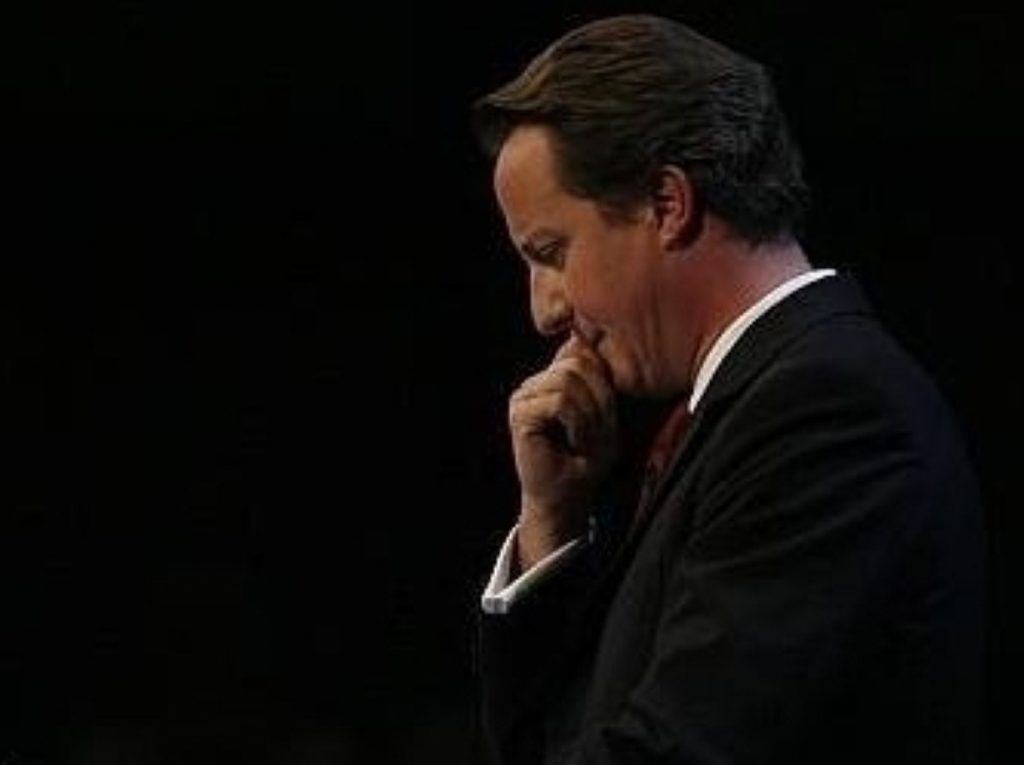Cameron cancels Europe speech following terror disaster
David Cameron's much-hyped speech on an EU referendum has been cancelled so he can focus on the kidnapping crisis in Algeria, Downing Street has confirmed.
The prime minster was set to outline possible plans for the repatriation of powers in a major speech in Holland, but a disastrous situation involving British citizens at a gas facility in eastern Algeria prompted him to delay the event.
Cameron said the UK should prepare "for the possibility of bad news" after state news agencies reported an Algerian rescue attempt had ended with 34 hostages and 14 kidnappers dead.
The prime minister's spokesman said Cameron had asked the Algerian government to notify him before any strike, but that he was only told of the operation after it had begun.


The attack reportedly had to take place "immediately" after two vehicles tried to leave the site with people onboard.
The rescue attempt did free nearly 600 Algerian workers and four foreign hostages – two from Scotland, one each from France and Kenya.
British, Japanese, US and Norwegian citizens among those who captured by an Islamic terror group at the plant earlier.
The delay of the speech pushes back an event which is expected to define all three main parties' European policies into the next election.
Cameron spent much of the day being advised one way or the other by various figures on the political landscape, including Nick Clegg, Vince Cable and Ed Miliband.
Speaking on LBC radio, Clegg said: "Years and years and years of guesswork and uncertainty is not what you need when you're trying to foster a recovery."
In a speech this morning Cable said: "The eurosceptic calculation is that British permission is necessary for closer integration – via treaty change – and that this permission can be traded for the negotiating objectives.
"That seems to me a dangerous gamble to make. There are many in Europe, notably in France, who would be happy to see the back of the UK – whatever that may mean in practice – and even the UK's allies on market reform – notably Germany – have limited political capital to spend getting a more favourable arrangement for the UK.
"Others are understandably concerned that special treatment for Britain could lead to a host of other demands by member states with specific problems and risk paralysis."
Ed Miliband previewed his own position in yesterday's PMQs where he was widely acknowledged to have got the better of the prime minister, but a Today programme interview this morning saw him struggle to offer a clear policy on the EU, except for a warning that five years of uncertainty would hurt Britain's investment climate.
"The debate here is between those who say reform EU so it works in our interests and the PM's strategy leading us towards exit," he said.
"Imagine an investor, thinking now, should I be investing in Britain, or Germany, or the Netherlands?
"If we put up a sign saying 'we might be out of Europe in five years', I don't think that's going to be good for our country."
Cameron refused to divulge the contents of the speech during a round of media interviews this week, but it is expected to put a repatriation of powers proposal to voters following a round of negotiations in Brussels.












